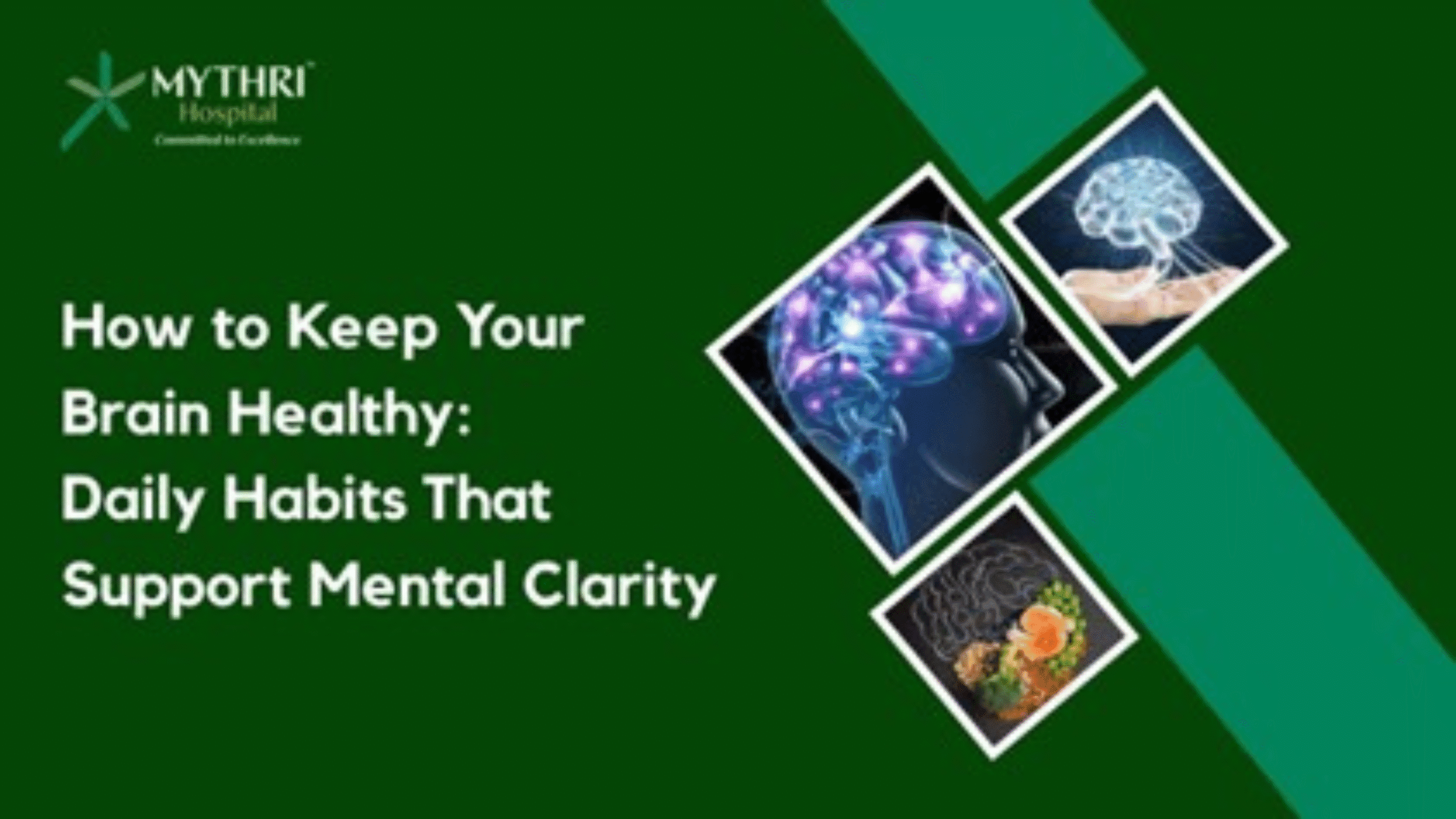

Dr. Jibraan Ali Khan
MBBS, MS(Osm), M.Ch(Osm)
Neuro Surgeon
Your brain is your body’s chief command center — it instructs your heart to beat, your lungs to breathe, and your mind to think. But while we love discussing being physically fit, brain health is hardly ever at the forefront of our minds. On this World Brain Day, let’s make a change by espousing some easy, everyday practices that guarantee mental sharpness and long-term brain health.
Whether you’re a working professional with not much time to spare, a student attempting to do it all, or simply someone who wishes to stay sharp and healthy as you get older, these brain-stimulating activities can pay dividends in a major way.
Eat right for your brain

Just as your body as a whole requires proper nutrition.
Eat a diet rich in omega-3 fatty acids, antioxidants, vitamins B, C, D, and E, and magnesium. These will guard against brain cell damage and maintain thinking ability.
Make sure to eat foods such as fatty fish (salmon or sardines), nuts and seeds, dark leafy vegetables, berries, and whole grains.
Drink plenty of fluids — even mild dehydration can affect concentration and memory.Fast Fact: Begin the day with a protein, healthy fat, and slow-carb breakfast of oats with almonds and blueberries.
Get your body moving, rev up your brain
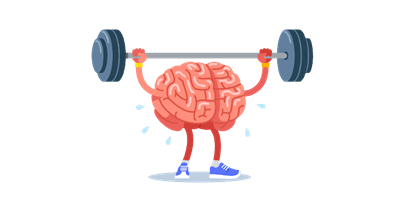
Exercise not only benefits the body, it’s also an excellent brain booster, too.
Aerobic exercise such as walking, cycling, or dancing pumps blood to the brain, delivering oxygen and nutrients.
Physical exercise also releases growth factors, which allow new brain cells to grow and strengthen in their relationships with one another.
Even a paltry 30 minutes of moderate exercise five times a week can dissolve brain fog and brighten your mood.
Brain Boost: Try combining physical and mental exercise — like learning a dance routine or doing yoga with meditation.
Get quality sleep
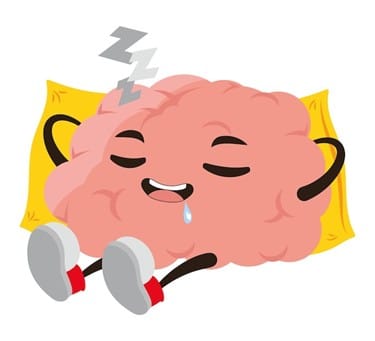
Your brain is incredibly active during sleep — processing information, clearing toxins, and strengthening memories.
Aim for 7–9 hours of sleep each night.
Create a wind-down routine: reduce screen time an hour before bed, dim the lights, and avoid caffeine in the evening.
Poor sleep in the long term is associated with loss of memory, depression, and even neurodegenerative diseases.
Sleep Smarter: Make your bedroom cold, dark, and quiet. A consistent sleep schedule is stronger than you realize.
Stay mentally active

Treat your brain like a muscle — the more you use it, the more powerful it becomes.
Do mentally demanding activities like reading, crossword puzzles, learning a new language, or playing an instrument?
Even tiny changes, such as doing something with your non-dominant hand or commuting to work down an alternate street, can tax your brain and forge new pathways.
Continuous learning delays cognitive aging and keeps your brain alert.
Every Day Challenge: Take a minimum of 10–15 minutes every day on something brain-stretching — a crossword, a podcast, or a 5-minute Duolingo lesson.
Stress less effectively
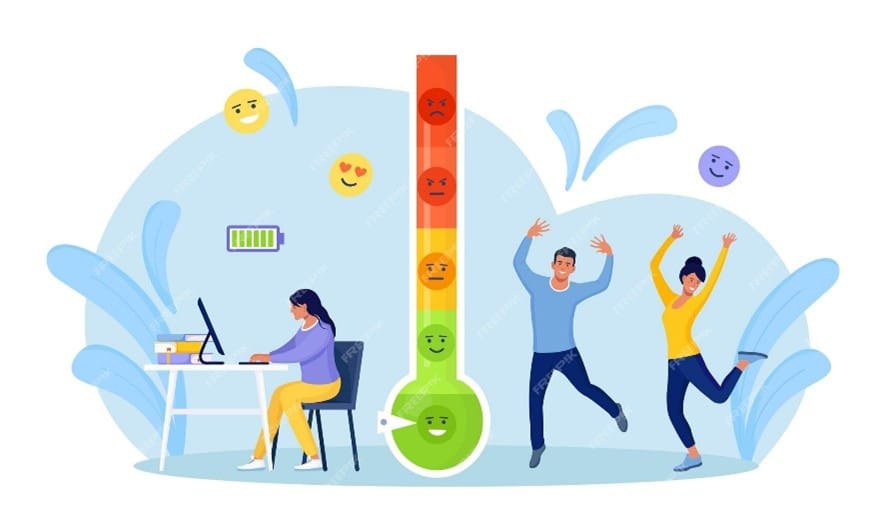
Chronic stress can actually shrink brain regions involved in memory and emotion regulation.
Incorporate stress-reducing behaviors such as deep breathing, meditation, journaling, or spending time in nature into your daily life.
Even brief periods of respite during a busy day can avert burnout and enhance concentration.
Chronic stress is linked with a greater risk for depression, anxiety, and Alzheimer’s.
Stress Reset: Do the “4-7-8” breathing exercise – breathe in for 4 seconds, hold for 7, breathe out for 8. It relaxes your nervous system and swishes away mental chatter.
Stay connected
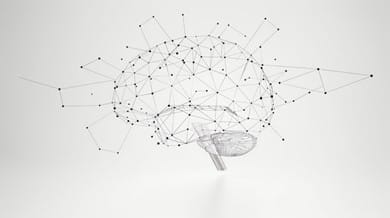
We’re social creatures—and loneliness can affect your brain health in ways you never even considered.
- Socializing regularly together with friends helps memory, lowers levels of stress, and safeguards against cognitive aging.
- Carve out time to talk to friends, join a club, volunteer, or just call someone new.
- Virtual connections are an option if face-to-face meetings aren’t feasible.
Connection Boost: Swap 10 minutes of scrolling for a voice message to a friend or a brief video call.
Protect your brain
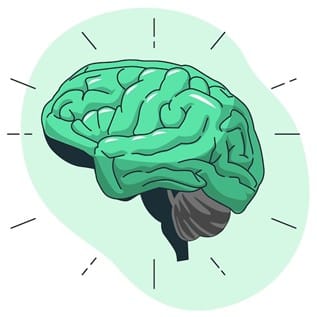
It’s simple, but physical safety is important for brain health.
- Wear a helmet at all times when bicycling or doing anything that’s hazardous.
- Buckle up, avoid driving distractions, and don’t disregard mental health warning signs.
- Your brain is fragile — look after it like it’s your greatest treasure (because it is!).
Brain Safety Reminder: In case of any head injury, seek medical care even if the injury appears minor. Delayed symptoms may occur.
Each day is brain day
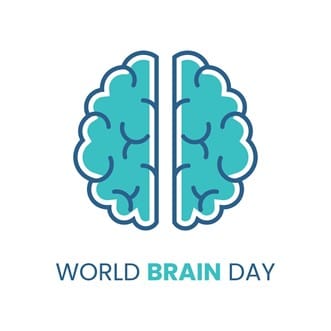
World Brain Day is a realistic reminder that our brain requires day-to-day attention — not only medical care when something has gone awry.
By incorporating these habits into your lifestyle, you’re not only guarding yourself against future mental confusion, you’re building a life of clarity, creativity, and emotional strength.
Keep in mind: brain health isn’t an end game – it’s a vow to yourself every single day.
Make today the beginning
Today on World Brain Day, pick one habit to start with — and maintain it for a week. Whether 30 minutes of walking, an hour of screen-free time before bed, or calling a friend — all small steps towards a healthier, happier brain.
